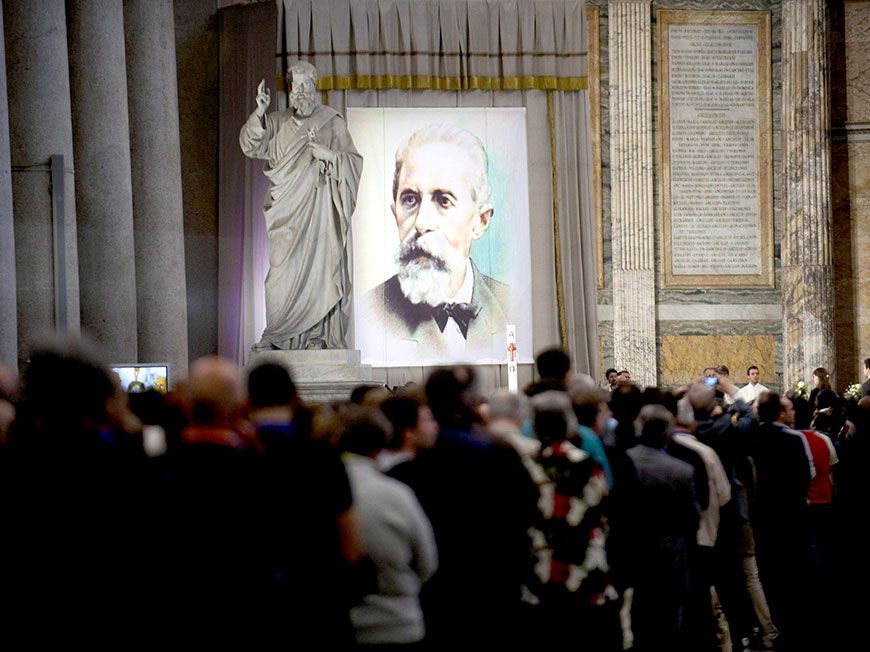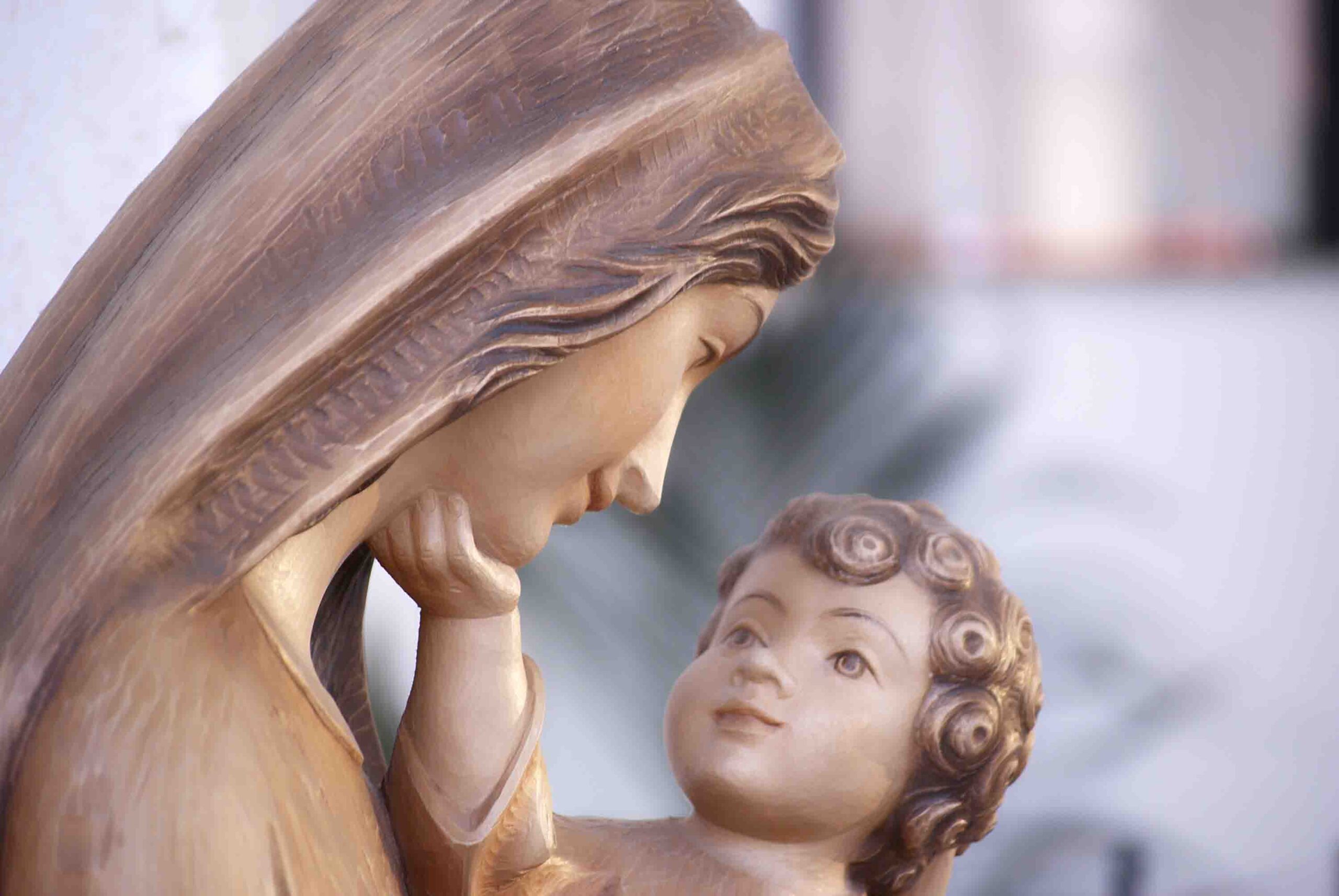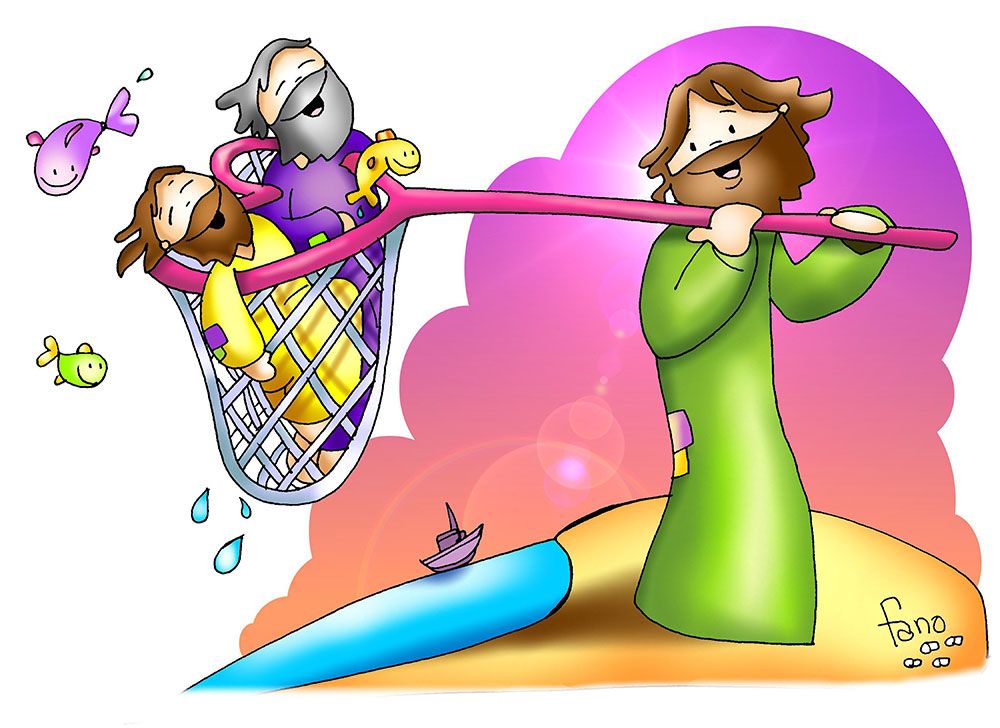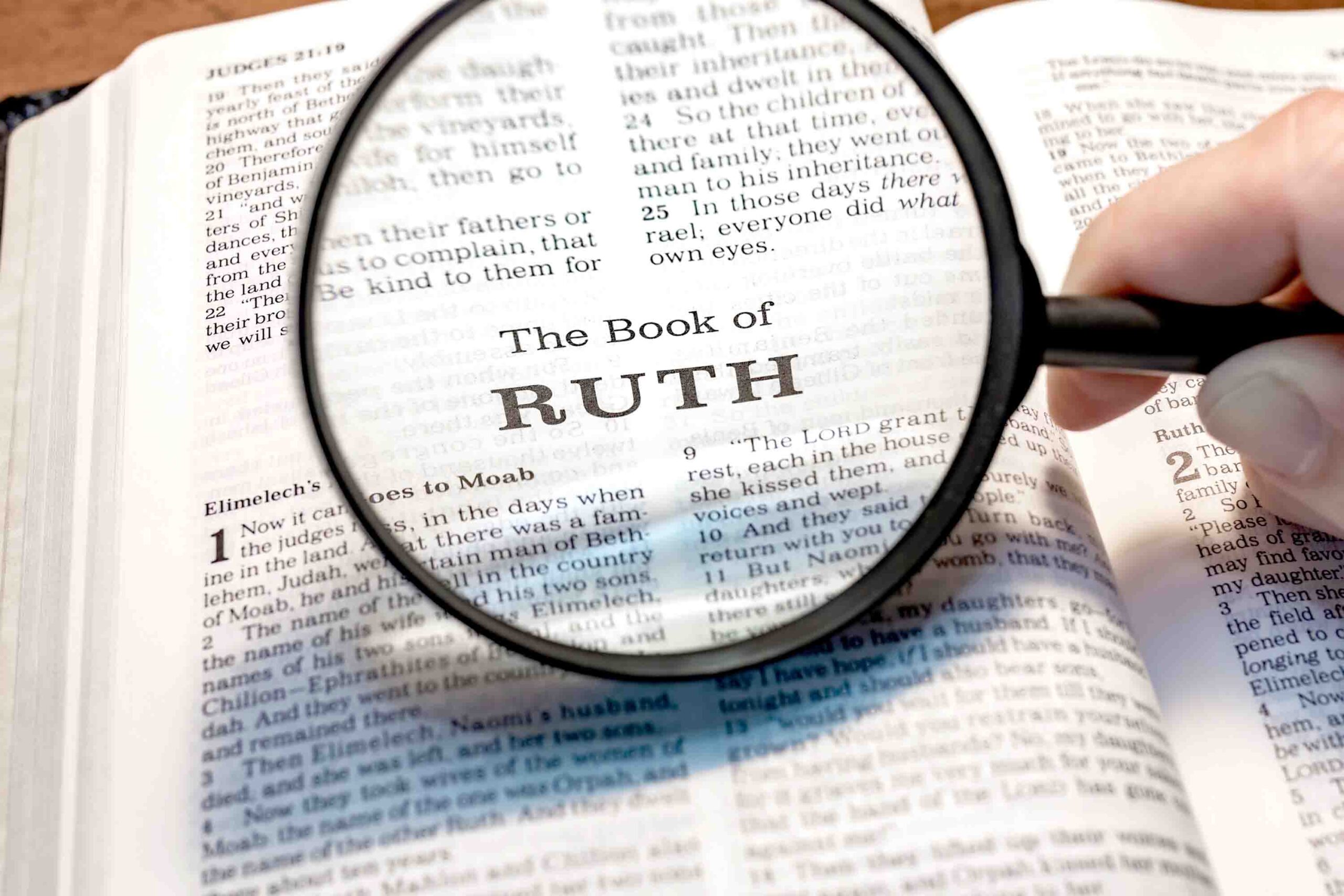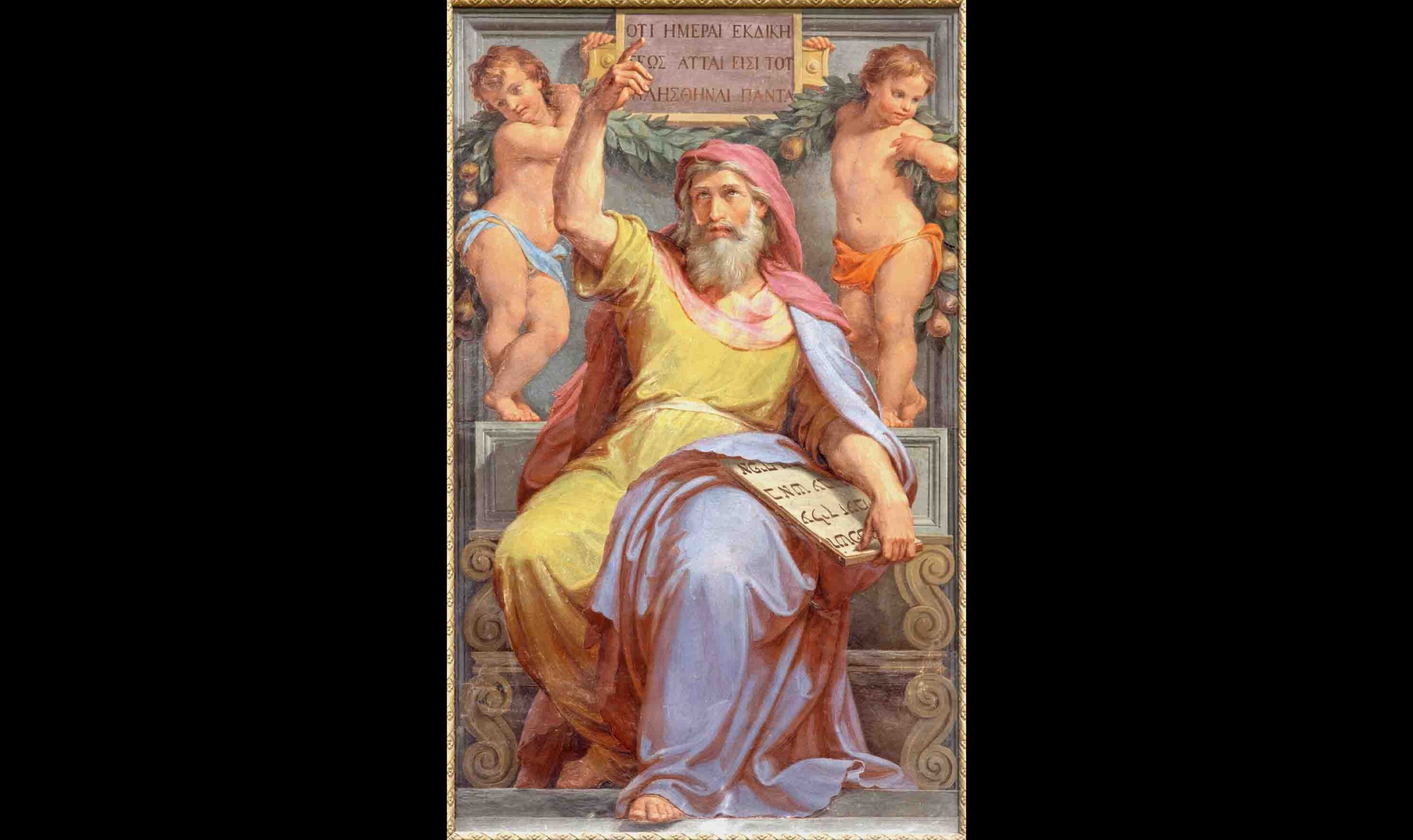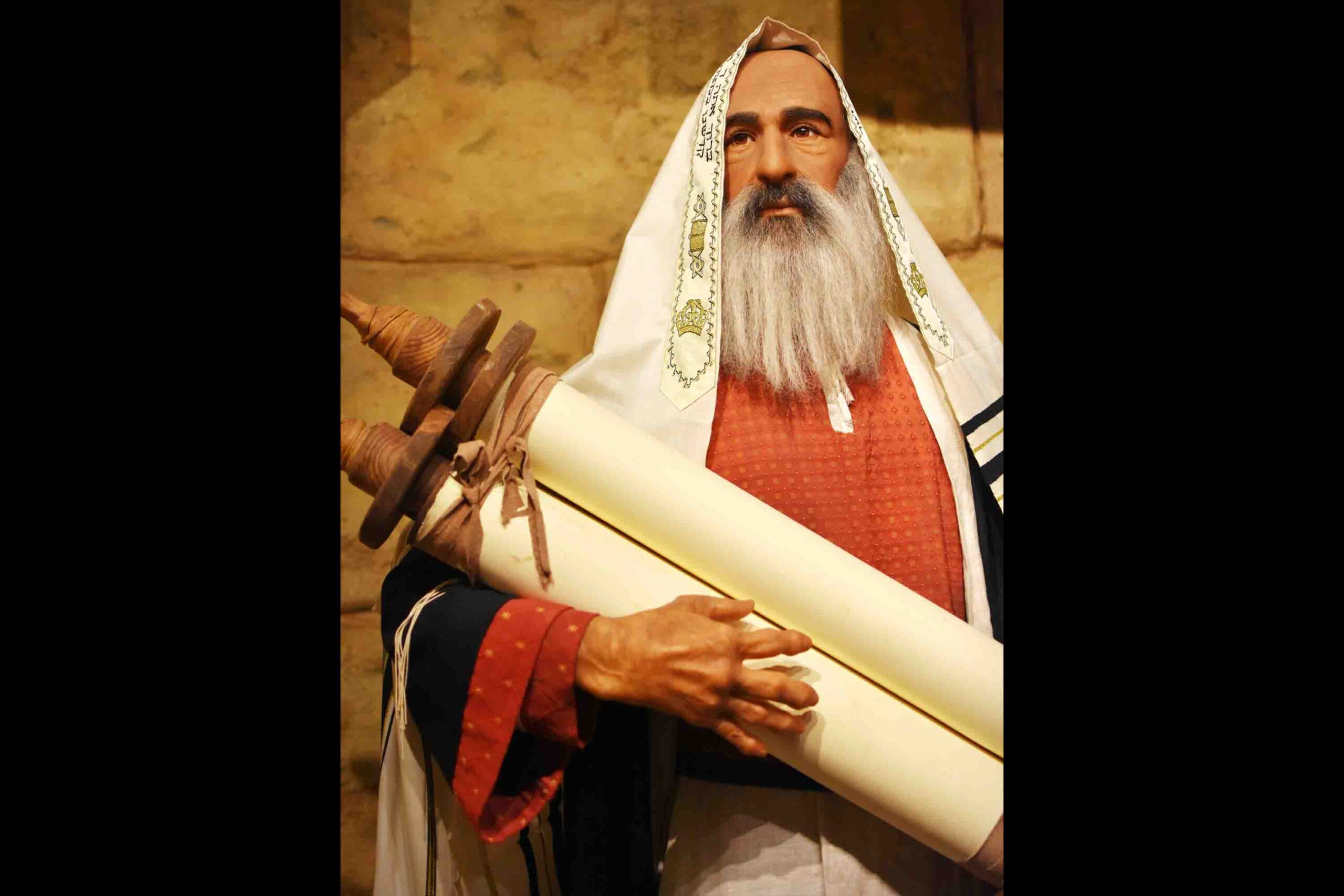Moses’ encounter with God in the wilderness, as it is narrated in the book of Exodus 3, 1-19, allows us to enter the dynamics of the encounter as a life-changing experience that gives meaning and direction to one’s life.
The narrative of this encounter is preceded by an introduction to the life of Moses (Exodus 2, 1-22) which gives us the perspective, the theological horizon, in which the reader is invited to place himself or herself: in verses 23-25 it is said that “God heard their moaning and God was mindful of His covenant… God saw the Israelites, and God knew…”
Behind the scene, from the shocks of history, God is there and remembers (keeps in the heart) both the promise He made and the situation of His people.
Stages of Moses’ Life
The narrative of Moses’ life, a life with various and seemingly contrasting stages, times, and dynamics, places us on this horizon and shows that God has His time to act.
In the first stage of his life, Moses is a privileged man, saved from the waters in exceptional conditions, spared the death decreed for Jewish children (Exodus 2, 1-19).
In the second stage of his life, he is still a privileged man: in the royal palace he receives an education which no Israelite can dream of and is spared the oppression that has fallen upon his people (Exodus 2, 10; Acts 7, 20-22).
The third stage is the awakening of the critical awareness: Moses awakens to the situation of oppression of his brothers and sisters. It is the stage of taking the initiative and acting on his own account: “(Moses)… decided to visit his kinsfolk, the Israelites” (Acts 7, 23-29).
He assumes a protagonist’s attitude and reacts with violence to the violence experienced by his brothers: he kills the Egyptian that is mistreating a Hebrew and assumes himself to be the judge between quarreling Hebrews. But these do not recognize his role and Moses faces a reaction that he did not expect (Exodus 2, 13-15).
Surprised and disillusioned, he is overcome with fear and flees to the territory of Midian. Here, he forgets everything, and only thinks of saving his own skin and making a life for himself. He ends up living “as a stranger in a foreign land,” that is, without identity (Exodus 2, 22).
Moses enters the fourth phase of his life.
Decisive Encounter
It is at this stage and in this situation that the decisive experience of his life takes place, the encounter with God on Mount Horeb (Sinai), revealed to him in the burning bush, and he is entrusted with the mission to return to Egypt and free his people (Exodus 3, 1-19).
The narrative (Exodus 3, 1-22 and 4, 1-17) is particularly beautiful and rich in symbolism. In the desert, God manifests Himself in a flame of fire, in the middle of a bush that burns without being consumed. Moses approaches, curious. And the unthinkable happens: Someone calls him by his name! In that desert situation, in that phase of his life in which he lives without his own identity, away from the life and history of his people, in a time when no one remembers him, God remembers him, He calls him by his own name “Moses! Moses!”
God gives Moses his lost identity, gives meaning to his life, to the place, the time and the conditions in which he lives: “Remove your sandals from your feet, for the place where you stand is holy ground.”
The condition, the time and place of exile cease to be a curse and becomes sacred.
There is a turning point in the life of Moses, expressed by this revelation: “I am the God of your father… I have witnessed the affliction of my people… I have come down to rescue them… Now, go! I am sending you…” The surprise of these words, the radiance of this revelation, the heat of this burning fire is such that Moses “hid his face” for he was afraid to look at God. (Exodus 3, 6-10). The surprise is so great that Moses tries to escape: “Who am I that I should go to Pharaoh and bring the Israelites out of Egypt?”
Mission is Divine
This amazing vocation and mission relaunches the life of Moses. He realizes that the initiative is divine. But he has difficulty in understanding his place… God answers him: “I will be with you!” It is enough that you be my servant. And He makes the promise of the covenant: “When you have brought the people out of Egypt, you will serve God at this mountain.”
The narrative describes the dialogue between God and Moses. Slowly, in the light of his experiences of failure and disillusionment, Moses makes a path of progression in the understanding of his vocation (Cardinal Martini speaks of a process of “progress in vocation” common to the great biblical figures). He understands that the mission is divine: before him there is God who cares for his people and that he can only be an instrument in God’s hands.
Recognizing God’s initiative in his mission, Moses seeks to know the Name that he will invoke to legitimize it: “If I go to the Israelites and say to them, ‘The God of your ancestors has sent me to you,’ and they ask me, ‘What is his name?’ What do I tell them?” God reveals his Name:” I am who I am… This is what you will tell the Israelites: I AM has sent me to you” (3, 13-14). Besides the Name, Moses receives from God a staff to support him in the mission of guiding the people.
Moses makes one last attempt to avoid the mission, remembering his difficulty in speaking: “If you please, my Lord, I have never been eloquent… If you please, my Lord, send someone else!” God is annoyed by this lack of confidence of Moses and suggests his brother Aaron, who is a good speaker… “He will be your spokesman” (4, 10, 17). With a staff in his hand and a mouthpiece to speak, Moses is finally ready for the mission.











